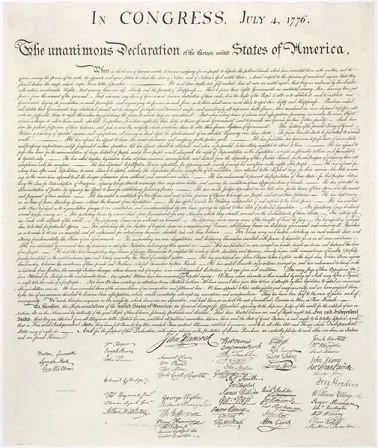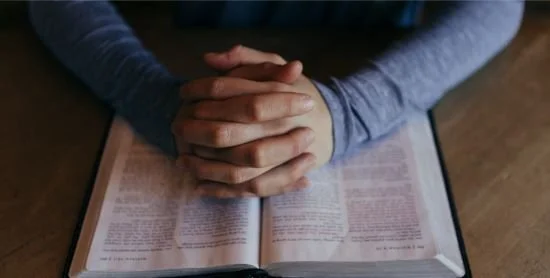A Prayer for New Year’s Eve (The Year’s End)
Almighty and most gracious God, as we close the year with this day, we thank You for all Your tender mercies bestowed upon us during the whole course of our lives, and especially during this past year. Accept our thanksgivings for all Your blessings; fill our hearts with humility and love, with gratitude and trust. [Specific thanksgiving may be offered.]
For all these blessings we offer to You the sacrifice of our praises, and we acknowledge that through Your great goodness and help we are enabled to live our lives in peace, even though we have offended You in countless ways. O merciful God, pardon all who sincerely repent of their sins. Grant that, while our years are passing away, we may work out our salvation with fear and trembling in the time You give to us.
Enable us to press onward, always towards the end of our heavenly calling, even that blessed eternity, which Jesus Christ, Your Son and our Lord, has prepared for us. Amen.
New Year’s Day
Eternal and almighty God, we humble ourselves in Your presence to dedicate to You the beginning of this year by adoration, prayer, and praise.
We come before Your Supreme Majesty and acknowledge with gratitude the manifold blessings which You have freely bestowed upon us through the whole course of our lives. We thank You that, having preserved us to the present time, You have permitted us to enter upon a new year. You have not ceased, O most gracious God, to give to us the abundance of Your loving-kindness.
But You have especially sustained us with every spiritual blessing by keeping in our midst the light of Your gospel. You have granted us repentance through Your mighty help, through Your great goodness, and through the warnings of Your Word and Spirit, and have mercifully given to us favorable opportunities to grow in grace. Despite our unworthiness, for the love of Jesus Christ, take not away from us Your protection and favor.
Moved by Your grace, we devote ourselves to You at the beginning of this year, desiring to employ it better than we have done in the years that are past. And since this day also warns us that our years pass away like a flood, like a dream, give us grace that we may seriously number our days, that we may have a heart of wisdom, that we may discern the vanity of this life, and that we may aspire to that better life, when days and months and years shall be counted no more, forever.
While we continue in the flesh, may we more and more live, not according to its desires, but according to Your will. And grant, O God, that when our years shall come to an end, and the day of our death arrives, we may depart in the peace that passes all understanding and in the sure hope of life everlasting.
Favorably hear us through Jesus Christ our Lord. Amen.
From the Liturgical Forms and Prayer of the URCNA
Read More



















